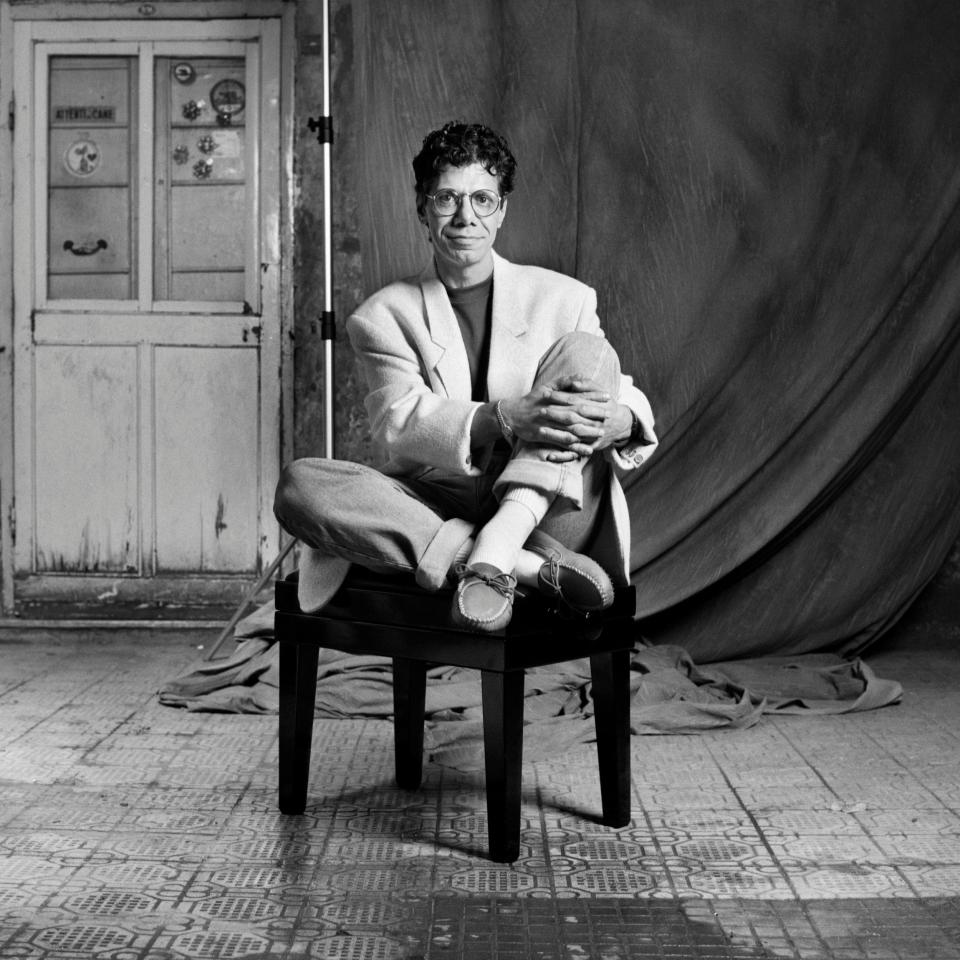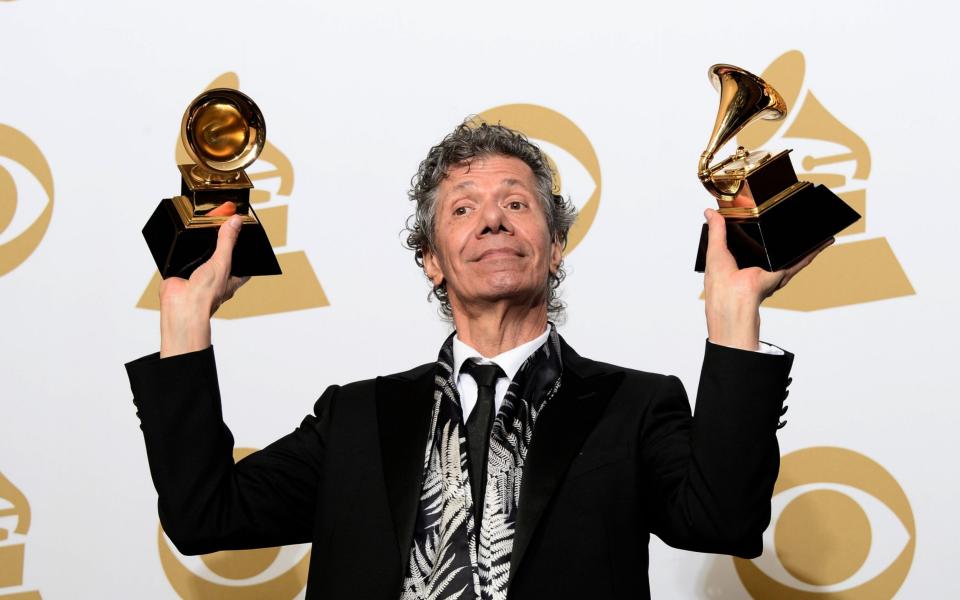Chick Corea, pianist and composer who was a towering figure in jazz across six decades – obituary

Chick Corea, who has died aged 79, was among the leading jazz pianists of his generation, along with Herbie Hancock and Keith Jarrett. His more popular recordings, on which he played a variety of electronic keyboards, gained him 23 Grammy awards and a remarkable 67 nominations.
Several of his compositions, including Crystal Silence, Spain, 500 Miles High and Windows, are now considered jazz standards.
Armando Anthony Corea was born on June 12 1941 at Chelsea, Massachusetts. His father, a trumpeter and bandleader, spotted his son’s latent musicality and encouraged him from an early age. Corea was playing semi-professionally in his high-school days, resplendent in a tuxedo supplied by his father.

On graduating, he left for New York and enrolled at Columbia University, but left after two months. He then tried the Juillard School of Music, with the same result. He decided that he would be better off learning on the job and found no difficulty in getting work, notably in the Latin-American bands of Mongo Santamaria and Willie Bobo.
His first prominent jazz work came in 1964, with the trumpeter Blue Mitchell. The two years they worked together included recording sessions for the Blue Note label, which featured Corea’s first recorded compositions. That milieu brought him into close contact with rising stars of jazz, such pianists as McCoy Tyner, Bill Evans and Herbie Hancock.

Their lasting influence on his whole approach – harmonic, rhythmic and general form – came over clearly in his own album Now He Sings, Now He Sobs (Blue Note, 1968). This, in turn made a great impression on the musicians of his own generation, and established his name.
In the same year he joined Miles Davis, who was at the time cautiously approaching a combination of jazz and rock. Corea played on two fascinating albums of this type: Filles de Kilimanjaro (Columbia, 1968) and In A Silent Way (Columbia, 1969).
The experimental period ended in 1970, and Corea was part of what was probably the first fully fledged “fusion” band, with Davis albums such as the landmark Bitches Brew (Columbia, 1970), Jack Johnson (1971) and On the Corner (1972).

There seem to have been two conflicting sides to Corea’s involvement with music. The first was the sheer love of getting lost in playing and discovering where it took him. The other, inherited perhaps from his bandleader father, was awareness of the listeners and the need to hold their attention.
He now turned to the “getting lost” side. In 1970 he left Miles Davis (the 1971 and 1972 albums were already recorded) and, together with the bassist Dave Holland, drummer Barry Altschul and woodwind player Anthony Braxton, formed a group they called Circle, which drew a limited audience.
He also recorded two solo piano albums, Piano Improvisations 1 & 2 (ECM 1971/72), before forming the first of three bands called Return to Forever. This, to put it simply, was the exact opposite of Circle – melodic, and lively.
The second version of Return to Forever was an electronic jazz-rock band with Corea deploying an armoury of keyboards and assorted gadgets. The third used less gadgetry, had a small string section, and drew some influences from various folk traditions.
It was during the early 1970s that Corea took up Scientology. He claimed that it “got me into seeing that my potential for communication was a lot greater than I thought it was”. Some critics have claimed to discern changes in his music as a result, possibly referring to the changes in Return to Forever.
At the end of the 1970s he worked with another keyboard maestro, Herbie Hancock, in a series of concerts that featured the pair in dress suits performing on concert grands, playing each other’s music as well as classical pieces by the likes of Béla Bartók.
The 1980s opened with the first of Corea’s Akoustic (sic) Bands, a duet with the vibraphonist Gary Burton, In Concert, Zurich (ECM, 1980). In 2006 they reunited for a well-received concert tour.
Corea continued to explore both electric and acoustic jazz. After signing with GRP Records in 1986 he issued 10 albums between then and 1994, seven with the Elektric Band, two with the Akoustic Band, as well as a solo album, Expressions. In the 1980s he founded the Stretch label with the aim of releasing “music with no boundaries”, although jazz was its staple.

He also ventured into the world of contemporary classical music, composing a piano concerto – as well as an adaptation of Spain, scored for a full orchestra – and performed it in 1999 with the London Philharmonic Orchestra. In 2004 came his first work to eschew keyboards, his String Quartet No 1, written for the Orion String Quartet.
In 2006 he was asked if he felt like an “elder statesman” of jazz. “I was recently at a Jazz Masters award ceremony – and I was the youngest in the room,” he replied.

Ten years later he celebrated his 75th birthday with a six-week season of concerts at the Blue Note in New York, collaborating with 20 other bands. “I pretty well ignore the numbers that make up ‘age’,” he said at the time. “I have always just concentrated on having the most fun I can with the adventure of music.”
Corea’s first Grammy Award was in 1976, for the Return To Forever album No Mystery, with the last coming in 2020 for Best Latin Jazz Album, Antidote, with the Spanish Heart Band.
Chick Corea’s first marriage ended in divorce. In 1972 he married, secondly, the singer and pianist Gayle Moran. She survives him along with a daughter and son from his first marriage.
Chick Corea, born June 12 1941, died February 9 2021

 Yahoo News
Yahoo News 
